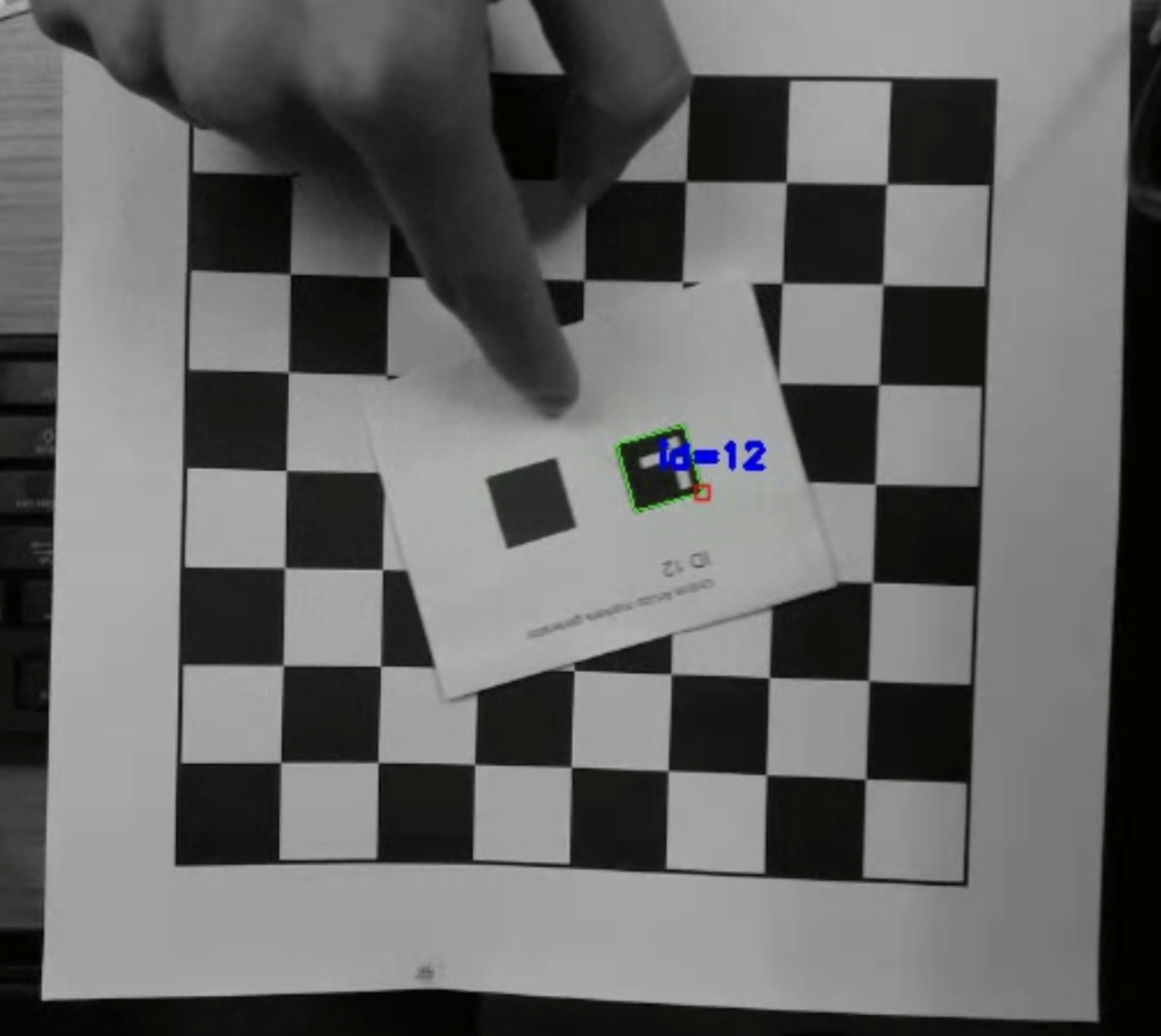The Future
Is Open
Latest News
About OpenBehavior
Launched in 2016, the OpenBehavior Project provides a centralized repository of tools for animal behavior research. Our goal is to empower your research, so you can use the latest tools as quickly as possible.
What is Open Source?
-
Open Access
- Open-source projects share their files and code freely. Anyone can view, modify, and improve them.
-
Collaborative
- Be part of a community of researchers working together to innovate and problem-solve.
-
Cost-Effective
- Use existing tools at a fraction of the price of commercial products.
-
Customizable
- Build and modify tools to perfectly fit your specific research needs.
You can read more about OpenBehavior’s approach in our 2019 paper featured in eNeuro.
Images Used
- “We The Curious – Brain Art” by Lee Bennett is licensed under CC BY-NC-ND 2.0
- “Green Circuit Board” by Pixabay is licensed under CC 1.0




